As of January 10, 2024, Nigerian companies have already issued about N90.01 billion in commercial papers. This is according to data from FMDQ Group tracked by Nairametrics.
- Dangote Cement issued N3.42 billion and N56.59 billion as Series 10 and 11 of its N300 billion commercial paper issuance program.
- Rand Merchant Bank issued N25 billion as Series 7 of its N80 billion commercial paper issuance program.
- Bigoz Logistics Limited issued N150 million as Tranche C of Series 2 under its N20 billion CP issuance program.
- SKLD Integrated Services Limited also issued N220 million and N100 million as Series 6 and 7 under its N2 billion commercial paper issuance program.
- Robust International Limited issued N210 million and N2.56 billion as Series 13 and 14 CPs under its N30 billion commercial paper issuance program.
- FastCredit issued N2.18 billion as Series 4 commercial papers under its N5 billion commercial paper issuance program.
Also, FMDQ announced the admittance of a new N25 billion commercial paper issuance program by Afrinvest (West Africa) Limited.
What you should know
In 2023, Nigerian companies issued about N1.5 trillion worth of commercial papers,, a reflection of the rising importance of the debt market to raising capital in the Nigerian corporate scene.
In 2023, these three companies, MTN Nigeria, Dangote Cement, and Flour Mills of Nigeria accounted for 49.7% of the total CP issuances, as they issued N375 billion, N221.78 billion, and N150.97 billion in commercial papers respectively.
Dangote Cement initiated a N150 billion commercial paper program in 2021, later expanded to N300 billion in July 2023. As of now, the company has issued approximately N281.79 billion in commercial papers under the expanded N300 billion.
Commercial papers are increasingly favored by Nigerian corporates for cost-effective fund-raising, as banks impose high-interest rates amid the unchanged MPR at 18.75% and a 32.5% cash reserve ratio. The elevated interest rates from banks are often unfavorable to businesses.
- “Investors increasingly turn to commercial papers, offering attractive returns in a short time frame and generally considered low risk.









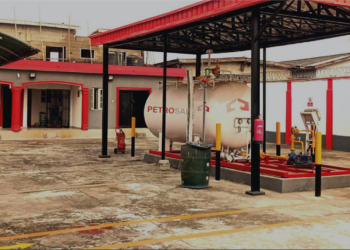
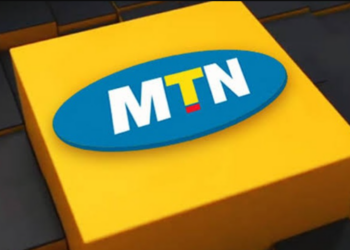
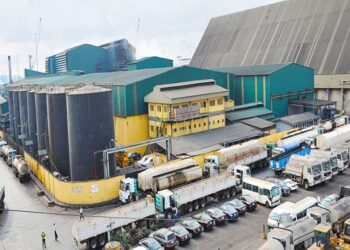
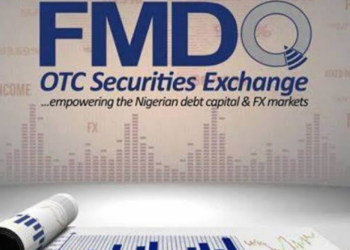








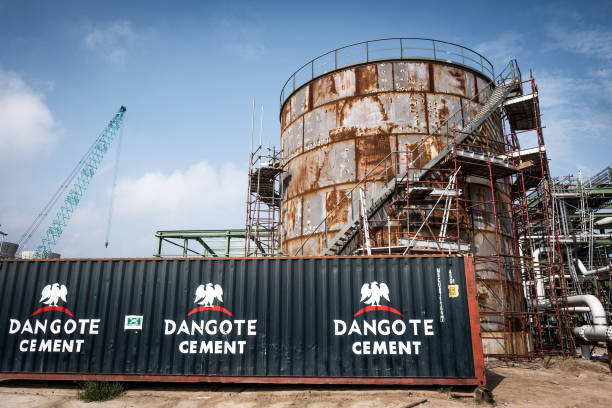
this is what nigerian would have done since!
at least the poverty rate would reduce